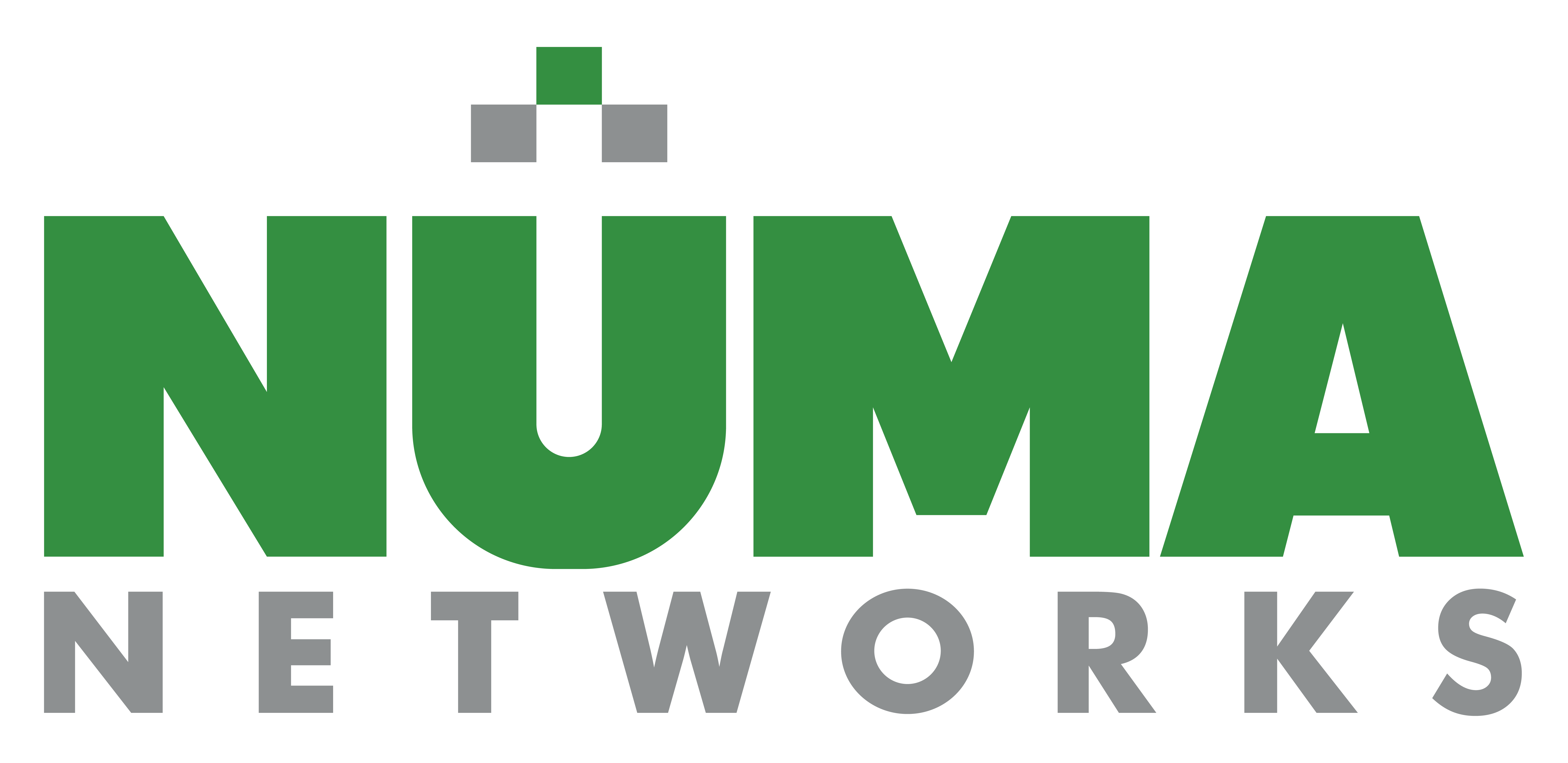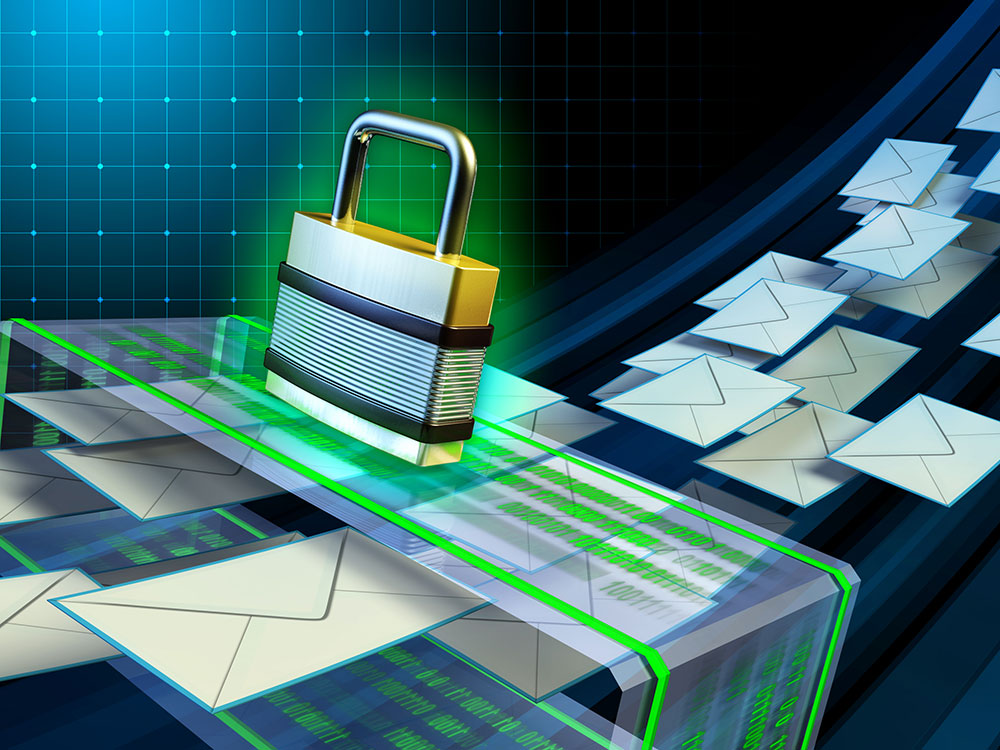Nearly 150 billion emails are sent daily. Close to 50% of business email users believe email reduces the day-to-day need for file storage. Now, you may account for only a small portion of that massive number. But, that said … is your data safe? Is downtime in your future?
Undoubtedly, many of those emails have attachments and sensitive information. Many are vulnerable to security breaches. Indeed, this is highly relevant to you. Especially if you share sensitive information.
Consider:
- 88% of companies experience data loss; email’s the primary culprit
- 78% of employees access personal email from business computers; that’s double what’s authorized
- 68% of organizations currently don’t use a secure email service or email archiving solution
Nowadays, when it comes to stopping spam, securing email systems, combating rapidly evolving email threats, and keeping computers working at a fast pace, small and medium businesses (SMBs) just don’t have the resources for email protection.
What’s at risk is data loss and downtime. It creates financial and operational burdens that harm your business. So, it’s critical to keep up with continually evolving email security technologies and best practices.
It gives you peace of mind.
Email Security Options
There are email security solutions available. You could:
- Separate email servers from applications and storage servers, safeguarding your business from attacks.
- Maintain security measures primarily via automatic updates. This reduces maintenance costs and makes it simple, cost-effective and efficient to employ a separate security appliance.
- Move to hosted email security services through a managed services provider (MSP). It lets you focus on running the business with the assurance your email is secure.
- Use email content filtering. This allows you to block discrete attachments based on content, both inbound and outbound. It also keeps you compliant with corporate governance or industry requirements.
Email Security Best Practices
However, the most powerful component is a community of informed and compliant employees with knowledgeable leadership. Training employees to avoid risky behaviors is the first step. Yet, there are other practical steps to improve email security:
- Implement an email archiving solution that recognizes email consistent with your corporate culture, regulatory requirements and industry.
- Specify policies and controls regarding what’s stored on user desktops and laptops, so you protect important data. Empower the enforcement of those policies by providing tools to do so. Rules generally include:
- opening only specific types of attachments
- limiting the size of attachments
- placing limits on the type of sites employees visit using company computers
- Be sure key departments understand the policies. Require them to sign off on your email filtering, retention, retrieval and analysis policies.
- Encrypt email to prevent unauthorized individuals from intercepting messages. That alone reduces the potential for data loss. (Of course, MSPs work with companies to integrate other steps as needed to meet specific company needs.)
- Stay attuned to evolving threats and solutions. It better prepares you to identify problem areas and take necessary steps to guard against them. If don’t have time to monitor these threats, lean on an MSP.
- Educate your staff. Teach them how to prevent the spread of viruses and worms via email attachments and phishing scams. Make sure all employees are educated against opening spam or emails from unknown senders.
Many companies have determined that MSPs are both efficient and affordable in the battle to protect company data. These experts know and understand the threats present. They work with clients to establish systems to protect email and other data from damage or loss, and mitigate company downtime.
Since instant communication is now the norm, it’s easy to take email for granted. But, there’s no excuse for shortcuts when it comes to security and archiving. Take advantage of available solutions. Enforce security policies. You, your employees and your clients will be happy you did.


